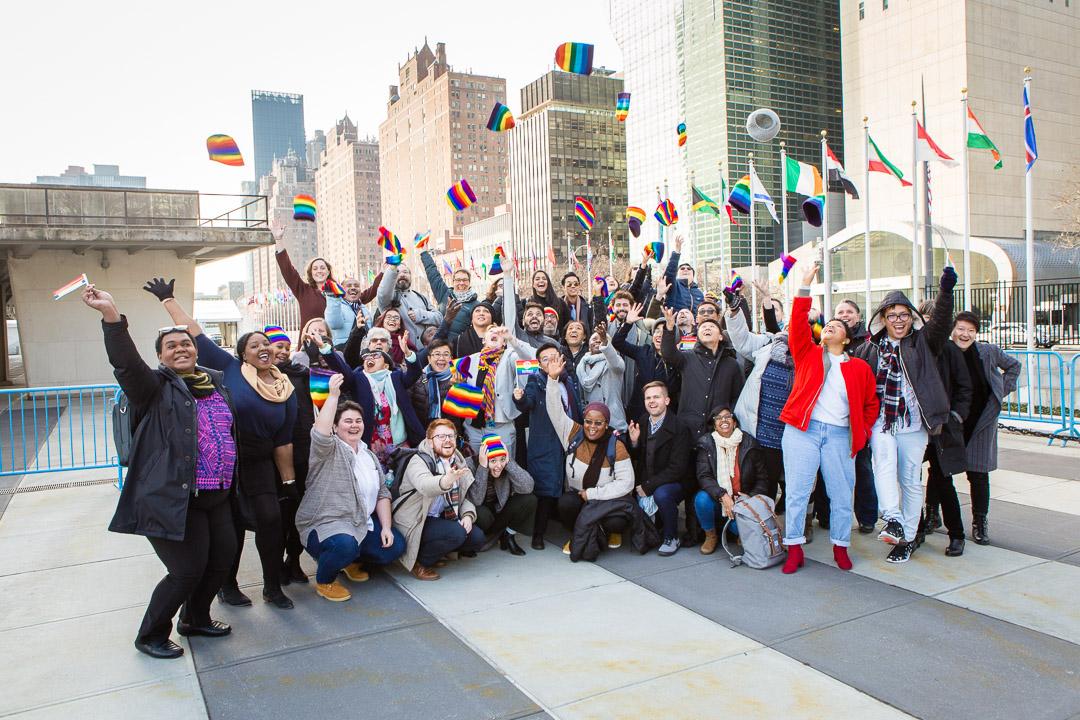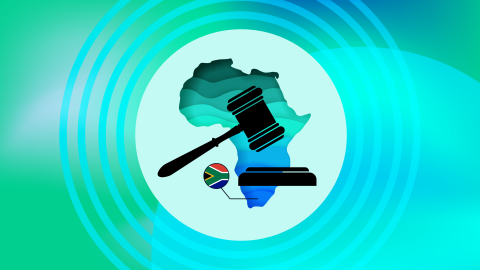
Report
Eradicating Conversion Practices in South Africa: Legal and Policy Approaches
Region(s)
TOPIC(s)
Author(s)
Publish Date
August 1, 2024
Share
This publications narrows in on South Africa as an opportunity to examine possibilities within a legal framework which makes recognition for the equality of LGBTQ persons. It aims to provide advocates with some strategies to curtail conversion efforts through the use of the law. South Africa already has a strong substantive legal framework on other elements of LGBTQ equality but has not been successful in creating a society where LGBTQ people live free from discrimination, violence, and intolerance. There remain pervasive traditional, cultural, and religious elements that reject sexual and gender diversity and lead to conversion practices. South African politicians and advocates alike have in recent years floated the idea of adopting a law to regulate or prohibit conversion practices. Given that other protective laws have not been sufficient themselves in rendering South Africa safe for LGBTQ people, an effective response to conversion practices in South Africa will need to go beyond legal responses alone.
The current constitutional dispensation contributes to a more accepting environment for LGBTQ persons, so much so that South Africa has become a haven for African LGBTQ migrants and refugees. Despite South Africa’s favourable legal environment, the reality for LGBTQ persons reflects many of the same social exclusions, violence, and discrimination seen in other African countries, including conversion practices. Similar to the rest of the region, South African law does not explicitly prohibit any forms of conversion practices or provide specific protections to those affected.
“In exploring prohibitions on actions that do not stem from force or coercion, advocates should be cautious of providing governments with broad authority to use the law, particularly criminal law, to deter voluntary associative behaviors. Outright believes that criminal penalties, especially those that result in the deprivation of liberty, should be a last resort. Criminal penalties are not an appropriate response to all harms. In most cases, they are levied in response to harm that is inflicted upon individuals by force or coercion.”
Legal approaches to eradicating conversion practices are only one part of the equation; a sustainable response will also require engagement with religious and traditional leaders, mental health practitioners, families, and others. This guide, with its recommendations for legal strategies to end conversion practices, should be understood as one piece of a puzzle, and Outright will continue to partner with LGBTQ advocates in South Africa and beyond to explore effective responses within and outside the limitations of the law.
This report was researched and written by Keaton Kidist Allen-Gessesse and reviewed by Khanyo Farisè, Yvonne Wamari, Thiruna Naidoo, Paul Jansen, and Neela Ghoshal for Outright International.
Outright International would like to recognize its national partners, The Initiative for Equal Rights (TIERs), galck+, and Access Chapter 2 (AC2), whose reports on the nature, extent, and impact of conversion practices informed the conceptualization of this publication and provided much-needed data on the manifestation of conversion practices in Africa.

Explore News and Commentaries
We share news, cultural media and advocacy of partners, activists and experts through the lens of LGBTIQ people working on international human rights.
Read Our Insights